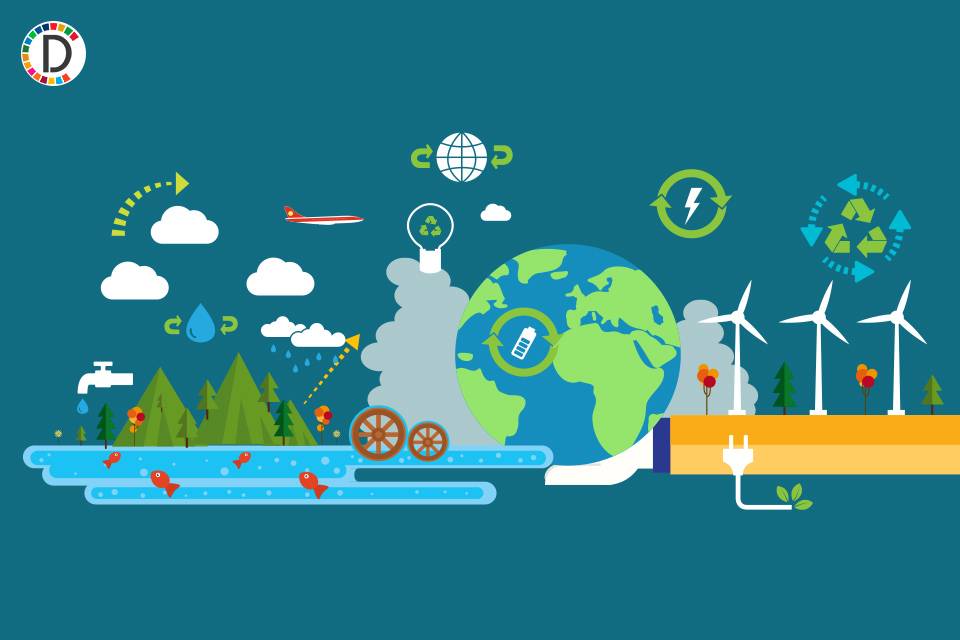Revolutionizing E-Waste: India's Path to Green Growth
E-waste is a burgeoning environmental issue in India, posing both threats and opportunities. Akshay Jain of Namo E-Waste highlights the economic potential in sustainable e-waste management, stressing the importance of formal recycling sectors to transform pollution into economic growth, while the informal sector still manages most e-waste.

- Country:
- United States
India is grappling with a growing e-waste crisis, yet hidden within this pollution problem lies a significant economic opportunity. Akshay Jain, Managing Director of Namo E-Waste, advocates for a shift towards formal and technological recycling methods to harness this potential.
According to a recent NITI Aayog report, e-waste in India is growing at an alarming rate, outpacing municipal solid waste. Valuable materials can be extracted from discarded electronics, but they also contain dangerous toxins. Informal recycling methods pose health risks and environmental damage.
The government and private sector are working to formalize e-waste management under frameworks like the Extended Producer Responsibility (EPR). Industry experts predict that with these measures, India’s e-waste recycling market could exceed ₹30,000 crore by 2030, signaling the dawn of a green industrial revolution.
ALSO READ
-
Ugandan President Celebrates Diwali with Indian Community
-
India Emerges as a Chess Powerhouse with Prestigious FIDE World Cup
-
India Boosts Electronics Manufacturing with Rs 5,532 Crore Projects
-
India-Seychelles Strengthen Ties with New Leadership and Development Initiatives
-
Golden Tribute: Celebrating Coal India's & SECL's Milestone Anniversaries with Special India Post Cover









